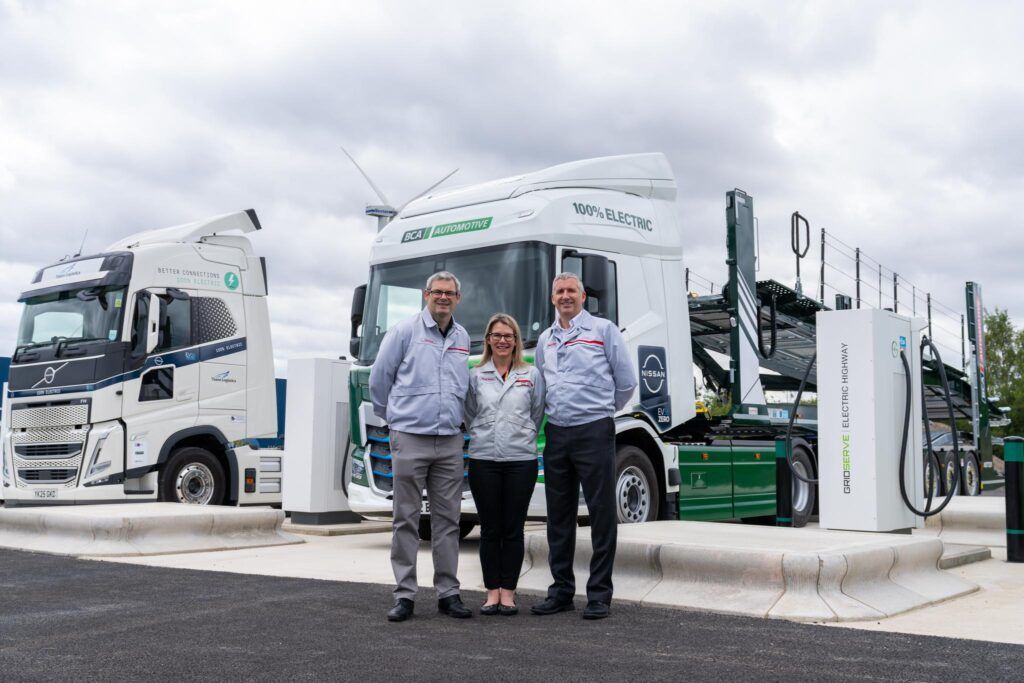A new report on the UK automotive industry by Policy Exchange has highlighted the importance of gigafactories to the sector – and also other battery manufacturers – and the importance of stable government policy on the matter.
The study, called The Future of the UK Auto Industry, said the industry was at risk of “serious decline” and was lagging behind European competitions in the transition to electric cars.
It said due to the fact the UK industry was “almost entirely foreign owned” and had factories abroad, it was not “necessarily committed to the UK”. Even the decision by Envision, who bought the battery factory partly owned by Nissan to build electric vehicle batteries, to build a gigafactory “would not be enough to supply the predicted volume of UK-built electric cars as the transition away from petrol and diesel engines continued”.
The report also mentions Britishvolt and the grants from government, but it says “it was never able to raise the capital that it needed”, and prospects for a second UK gigafactory now relied on Tata, the Indian conglomerate which owns Jaguar Land Rover.
It said that the government shouldn’t just focus on gigafactories but the whole battery supply chain for success across the board.
It said: “Gigafactories are only one part of the battery supply chain, and UK-based battery component makers, often with help from government, have made good progress in the last few years, some of them working on novel battery technologies.
“Many of these firms have their eye on international customers – car makers and battery manufacturers which are looking for ways of improving battery performance. Whether more gigafactories are built in the UK is not crucial to their future.
“A promising battery sector is taking shape in the UK, but the lag in gigafactories remains a matter of concern.”
The paper by Policy Exchange states the UK should not try to match the subsidies that are available in the EU and the US, but should focus on other ways of encouraging investment, and on removing obstacles – most obviously high energy costs – that put UK-based battery firms at a disadvantage.
Self-sufficiency in all phases of the battery supply chain “is not a realistic objective”, it said, even if more gigafactories are built the UK, it “will remain a significant importer of battery components and materials”.
Instead, the study said a “greater degree of stability in government policy” was required .
It said: “The erratic conduct of UK industrial policy over the last two years has been confusing for business and bad for investment. The government is right to support the auto industry as it makes the transition to electric vehicles, but that support must be consistent, and based on a realistic assessment of where the industry now stands and how best it can compete in the world market.”
Image courtesy of Shutterstock















